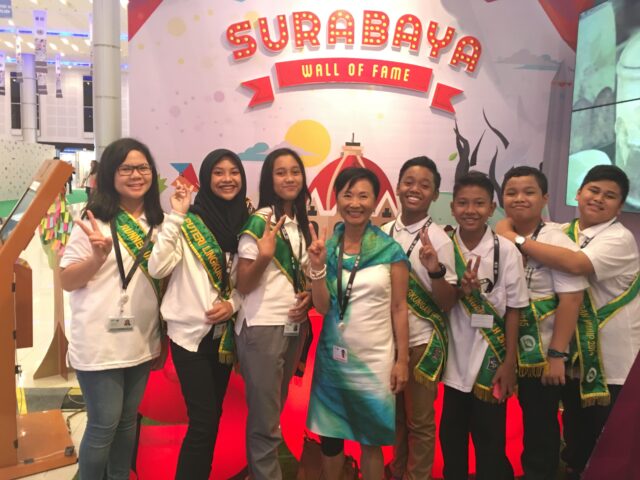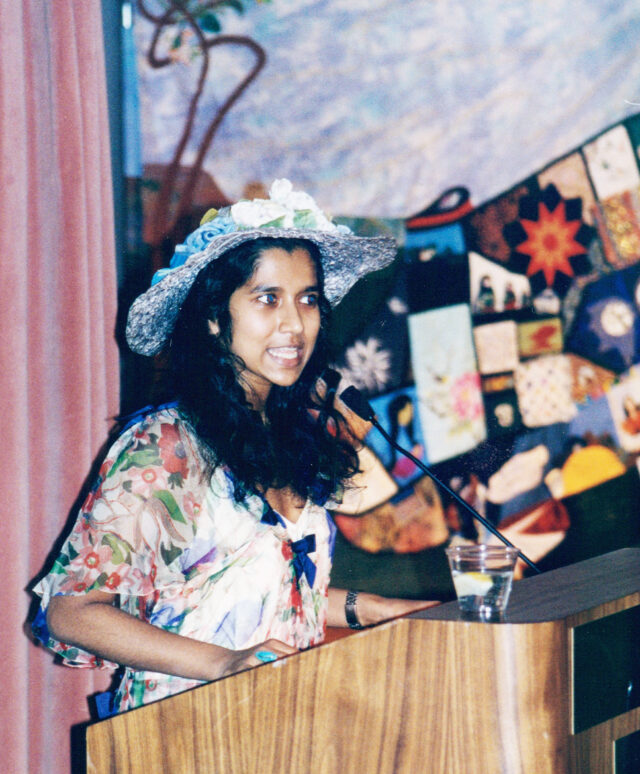
One day, I received a letter from a worried youth leader. She wrote:
Dear Soon-Young Yoon,
I have been invited to participate in the Generation Equality Forum to report on stories about young women and trafficking. I want to put my journalism training to good use, work from the human rights perspective, and get more involved with the UN. The problem is that I am not sure that I am qualified to be involved in global issues at the UN. Do I really belong in the company of all those ambassadors? Maybe you can suggest another young feminist who has kept up with international affairs. I even missed the 1995 Beijing women’s conference. Please advise.
Sincerely yours,
Worried New Generation Leader
To her and many youth leaders like her, here is my advice about how to get involved with the UN:
- Don’t give up. These meetings should be for people just like you. We need global interactions between leaders and managers in civil society, not just reunions of professional conference attendees. The women’s movement needs new blood.
- Complain more. Youth groups are routinely trotted out for cultural performances, but they often are left out in the cold when it comes to getting on the speakers’ list. Young women are often polite and don’t say what is really on their mind. I know it’s not easy. More veteran feminists may not take the time to help. However, if you don’t get fair treatment, let the president of the official conference know that your problems are the UN’s problems.
- Stick to what you know, but keep learning more. What is often missing from these meetings is a heavy dose of reality. There will probably be a lot of statements about how governments have failed to keep their promises, but there also could be a shortage of good success stories. You are the best expert on your personal and community experiences. Learn more about your group’s history, its leadership and financial situation, and make suggestions on how the UN, governments, businesses, and NGOs can better support youths.
- Know the UN political talk. You don’t have to agree with the UN to maneuver well in its midst. However, you do have to be well-armed with savvy lingo and expertise. On environment issues, I would start with the UN document, Agenda 21, which includes significant recommendations to solve global environment problems and positions related to gender inequality. For a little fun, try quoting from commitments for the media made in the Beijing Platform for Action adopted in 1995. Since few finance ministers attended that meeting, most of them will probably be unaware of what these commitments were. Even women’s groups are not well acquainted with what that document has to say about communications, information and the media.
- Learn the facts. There are two steps you can take to become an instant expert on how to be effective at the UN. One is the NGO CSW/NY Advocacy training guide in negotiations and women’s human rights at the UN This is a good primer on the UN process as well as how feminist NGOs approved by ECOSOC can participate at the UN. Another is to read extensively before you make statements so that you make them to the point and powerful.
- Remember that gender is a youth issue, too: Join the women’s caucus or women’s major group meetings. An understanding of gender is absolutely crucial to grasping youth issues, particularly those dealing with sexual and reproductive health and human rights. Remember that you can be an expert without ever having heard about the UN conferences on women. Just trust your own experience and go from there.
- Young women’s rights are human rights. If you go on to pursue your concern for human rights, there is no better place than the UN to learn and act. These days, we need to have more young people involved. Many of the international treaties that could be used to protect your rights are seldom used. For example, violence against women is often directed at girls. Like adult women, young women can also claim their right to protection against all forms of sexual, mental, and physical violence by referring to international covenants. Young women’s human rights issues—sexual violence, rape, sexual torture, forced pregnancy, and domestic violence—should all be highlighted at youth assemblies. Similarly, it is important to call on governments to protect those rights through legislation and social services.
- Be proud, but not too full of yourself. Remember that after years of activism, you are very qualified to join an eminent group of organizers and leaders. Carry your issues up to a global level and bring them to the attention of heads of state. Don’t give up so soon.
